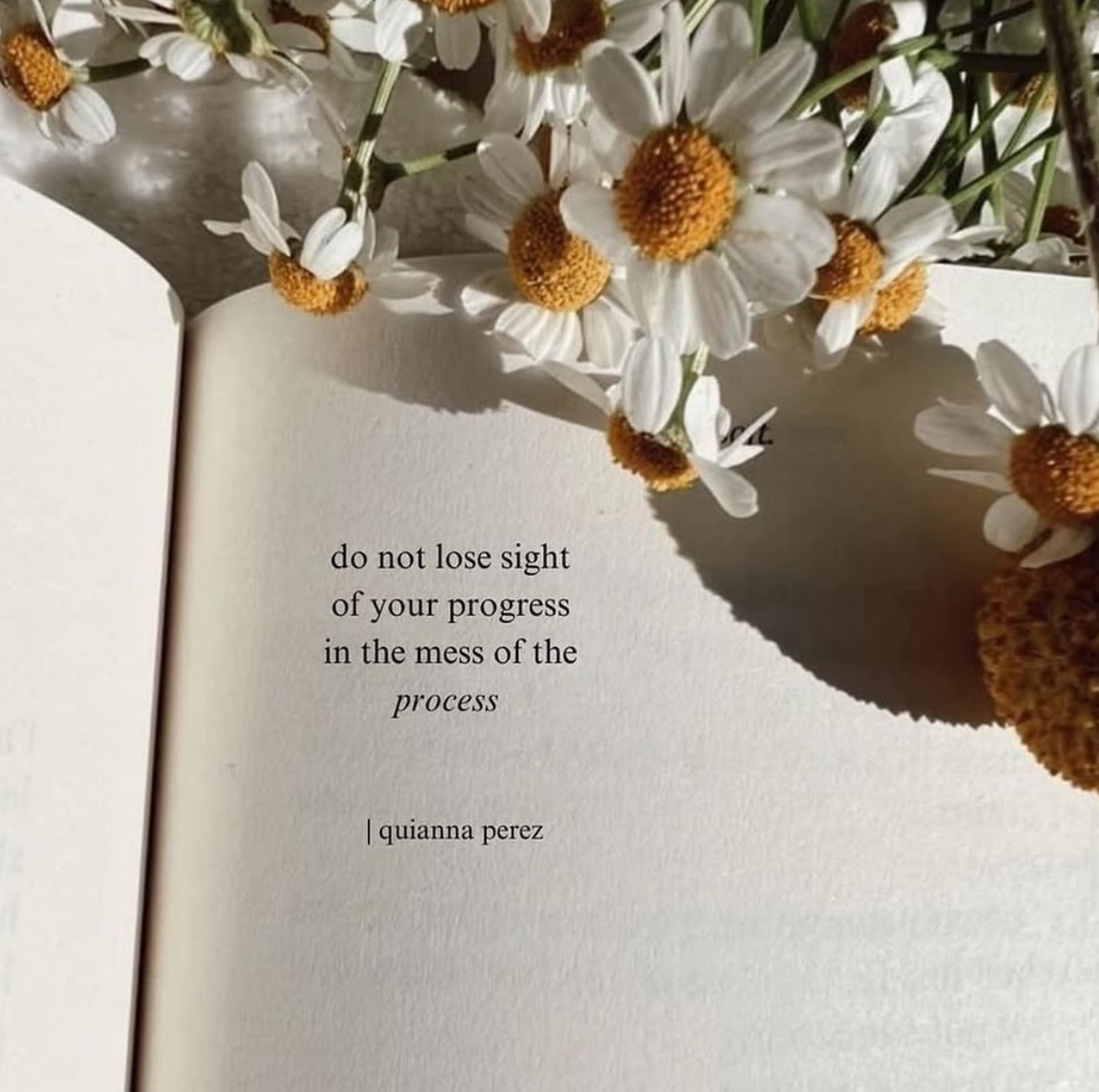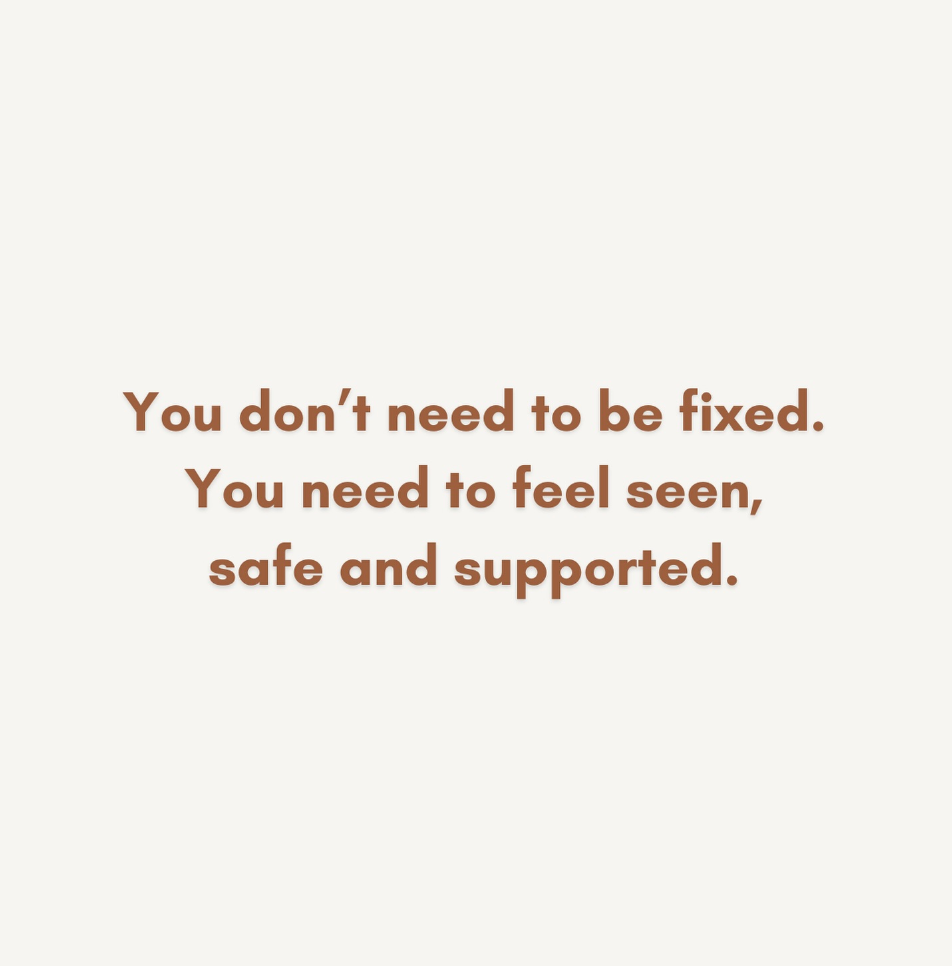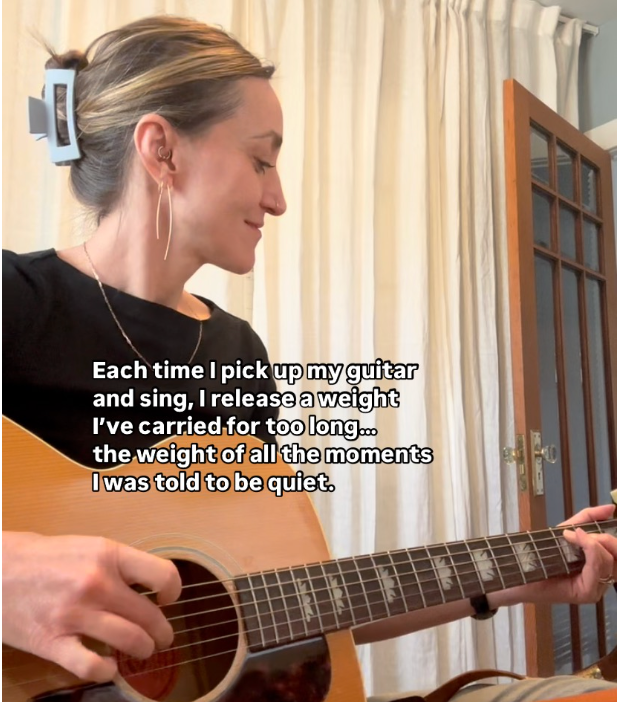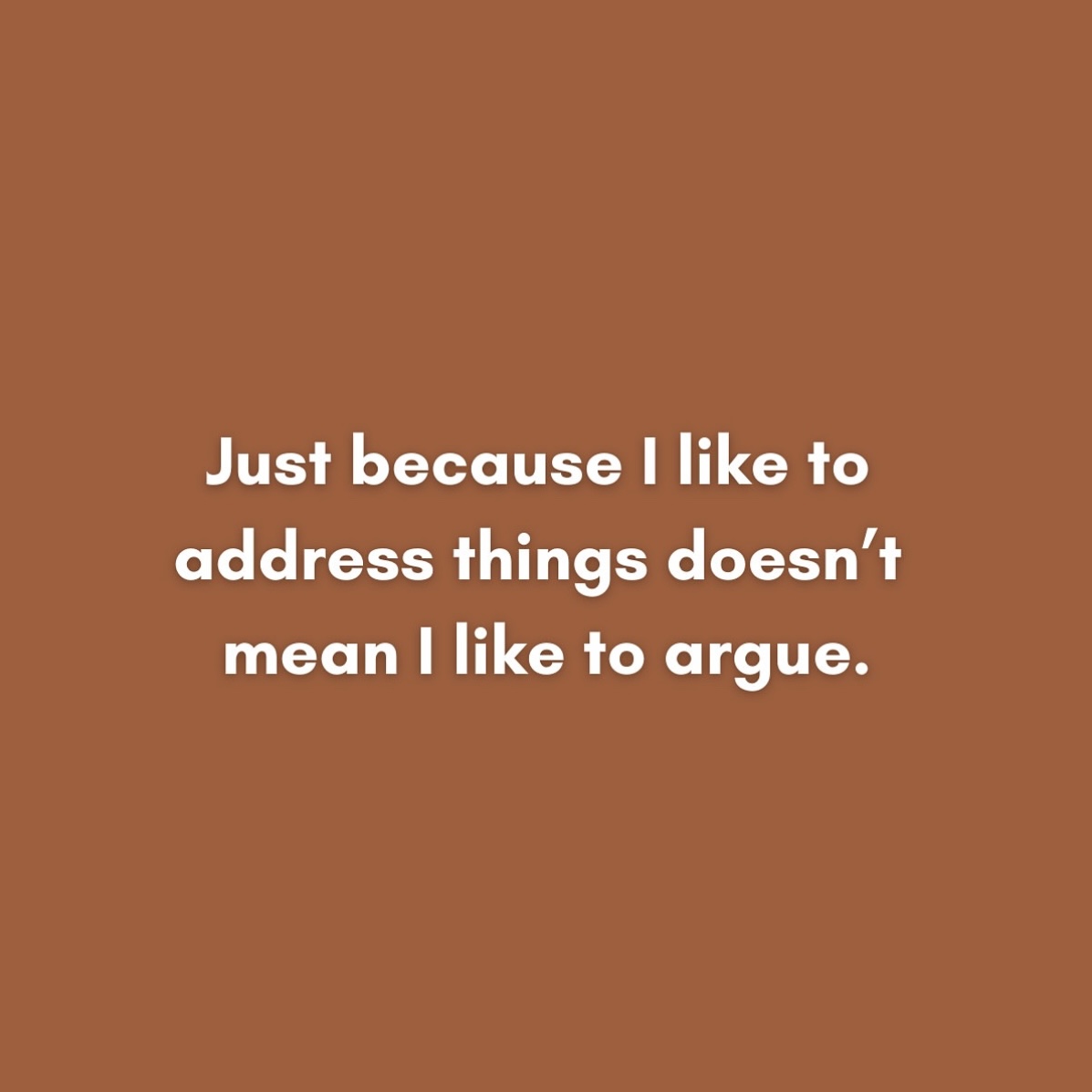
4 Internal Myths That Prevent You From Expressing Your Honest & Authentic Voice.
Let's be honest.
Everyone encounters limiting beliefs that impact their ability to express themselves with the clarity, grace, or confidence they desire. Oftentimes, these internal stories go unnoticed - simply unconscious programs we picked up through implicit or explicit learning.
We don't realize these myths are impacting us, instead, we wonder why…
~ Why was it so difficult to speak up for myself?
~ Why was I so emotionally reactive when it really wasn't a big deal?
~ Why does my mind go blank or my throat close up right when it’s time to speak?
~ Why am I still running that same conversation in my head?
~ Why is my voice so shaky?
Well, one reason may be that one of these unconscious programs is creating havoc in your system; making it physically difficult to express yourself (tight throat, feelings of terror), mentally challenging to express yourself (self-doubt, critical self-talk) or likely a combination of both.
The good news is that these internal stories can be rewritten!
We do this by creating new - more true narratives in our minds.
AND
By experiencing the felt sense of these truths through your voice & your body.
Let’s take a look at these myths & begin rewriting the story of your voice.
Myth 1: Your Voice is Not Important.
Where you may have learned it: Authoritarian parenting. Ideals such as “children should be seen & not heard.” Family dynamics (other siblings’ voices are more important, family hierarchy), lack of being met in the expression of your needs or emotions.
How it shows up in adulthood: Unable to recognize how you feel, what you want, or what you need; Unable to protest unfair treatment or recognize it in the first place; believing your thoughts, experiences, or opinions don't matter; feeling overly responsible for everyone else’s experiences. Or, the opposite - demanding & controlling your environment to ensure your needs are met even at the expense of others.
Mental Rewrites: My voice matters. My inner child’s voice matters. I have the right to share my opinions, speak my truth, negotiate for my needs & protest unfair treatment. I show respect for myself by listening & honouring my voice.
Practice ~ Declaration
- Settle into the steadiness of your legs & strength of your belly. Place a hand o your belly & with a strong & assertive voice (connected to your belly) speak the words chosen above.
- Gently touch your heart. From a tender voice, as though your heart is speaking - speak the words chosen from above
- Plan a hand on your head. From a voice that connects from your pelvis to your head (i.e. as though you are speaking from your whole body) speak your statement & again.
Check out: The Struggles of Self-Compassion & How to Meet Yourself with Kindness
Myth 2: There is Something Inherently Wrong with My Voice
Where you may have learned it: Someone teasing you for how you sounded or what you said; seeing others teased for their voice; being told you can’t sing/speak or shouldn’t sing/speak.
How it shows up in adulthood: Feeling embarrassed by how you sound or present; feeling overly fearful that others are judging your voice or expression; afraid of bothering or annoying others with your voice.
Mental Rewrites: My voice is an instrument that develops with patience, care, & practice. My voice is a muscle that develops with practice. Every voice has a gift to share including mine. Expressing joy & creativity through my voice is a birthright. I have the right to sing, speak & express myself through voice.
Practice ~ Reception: Imagine yourself beside someone who loves you easily. Someone with whom you feel safe being yourself. (Pets, family, deities, or even imagine relationships all work)
- Notice what that sense of allowance & acceptance feels like as sensations in your body.
- When you feel this safety share your voice. Perhaps through a song, a poem, or an affirmation. Share from your heart.
- Pause & feel the being or energy from step 1 receiving your voice & appreciating it.
Check out: How Singing in Devotion Leads Us Back to an Authentic Voice
Myth 3: It’s Bad to Have (Or Show) Strong Emotions
Emotions are an intrinsic part of being human. Healthy emotional intelligence allows us to feel & understand our emotions as well as express them in appropriate ways. Often strong emotional outbursts are the result of repressing these emotions until one is no longer able to contain them.
Where you may have learned it: Not having emotional needs met or mirrored. Punishment or dismissal of your emotions (or specific emotions). Punishment for being too sensitive. Lack of role models for emotional intelligence or healthy emotional communication.
How it shows up in adulthood: Repressing emotions & unable to feel them; overly emotional outbursts that do not match the situation; numbness or the overuse of coping mechanisms to numb (alcohol, cannabis, hyper-business); obsessive or excessive rumination or worry (i.e. replaying a conversation or situation).
Mental Rewrites: Emotions are a gateway to greater self-understanding. I am allowed to explore & understand my emotions (even if they seem harsh or strong). I am responsible for first understanding my emotions & then communicating them respectfully as I choose. The more I am present with my emotions the better I become at understanding & expressing them.
Practice ~ Exploration
- Review the following prompts: I am angry that… I am frustrated that… I am sad that… I feel hurt that… It really bothers me that… I was really disappointed that… I’m scared that… I need… I’m embarrassed that… I’m sorry that… I’m grateful that… I appreciate that…
- Consider a situation that is challenging & then answer each of the prompts out loud or in a journal. When you say or write something that feels particularly important make a note of it.
- Review those answers that felt prominent & say them out loud. Notice the emotions that are present. Let them move as they need.
Myth 4: I Should Already Know How to Express Myself Here.
Where you may have learned it: Experiencing little patience from others around our learning or growth. Being held to high expectations without room for error. Inability to meet the needs or expectations of others around us. ‘Not knowing or ‘not understanding was viewed as weak.
How it shows up in adulthood: Perfectionist or critical inner voices often judging & criticizing different elements of expression. Excessive embarrassment or shame around making mistakes. Expecting others to be perfect in their communication. Avoiding communication that is challenging.
Mental Rewrite: Self-expression & communication are skills that are learned & cultivated with practice & time. There is something to be learned in every conversation & expression. Every style of communication, from assertiveness, to expressing vulnerability, to creative self-expression, can be learned & developed.
Practice ~ Curiosity: Ask yourself the following;
- What skills or information might help me in this situation?
- What expectations do I have of myself at this moment? Is this realistic?
- If I were fully allowed to learn & grow in this situation what would I notice?
Integration through the Body
As you can likely tell there is a real physical response to some of these beliefs/stories. We feel them as tightness in our throat or sinking in the chest. This is because these stories aren't just written in our minds. They are felt in our cells & cellular memory.
One of the most powerful tools you have to rewrite these stories is by creating or refurbishing those connections of power, strength, & tenderness in your body & voice. You do this by simply bringing your attention to those more empowered spaces & allowing them to be felt.
Take a moment to consider an area of voice or communication that you have really grown in. Feel in your body what it is like to acknowledge this & notice the sensations. Let yourself feel the pride, joy, or even sadness that follows.
If you want to change the relationship to your voice & step more fully into your authentic communication book a free consultation & let's see if personal coaching is right for you!

About the Author
Amy Thiessen is an international teacher, coach, & musician who focuses on helping individuals connect to their confidence, purpose, & self esteem through voice & communication. Offering a holistic approach Amy helps individuals uncover & overcome their unique blocks around voice & communication, connect to their self esteem & purpose, & ultimately express themselves in a way that is empowered & impactful.
Check out Amy's Co-Author Profile and Featured Articles on wikiHow
.webp)
What is Your Communication Style?
Understand the habits and reactions that shape how you communicate with others. Gain meaningful insight into your style so you can express yourself with more clarity and ease.
Take the Free Communication Quiz








